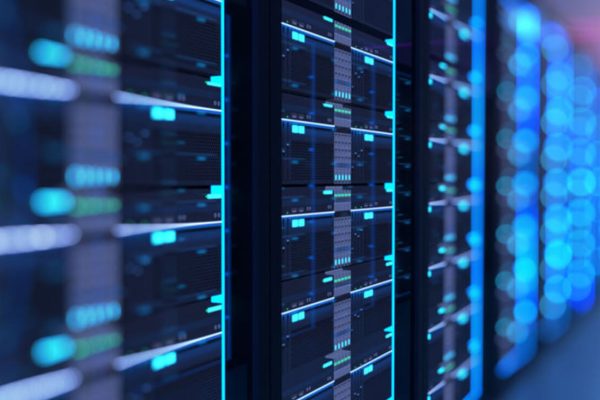
Is cloud server more budget-friendly than the dedicated server? Does one perform better than the other? Are there any similarities or differences between them? In this post, we’ll explain what a dedicated server is and how it’s different from a cloud server. Also, we’ll talk about the pros and cons of each.
You should have a clear picture of the right infrastructure for your application after reading this.
Understanding dedicated servers and cloud servers and the advantages and disadvantages of each
In the server world, a dedicated server is an offsite physical server that doesn’t use virtualization technologies. The physical server hardware and its infrastructure are what make up all the compute and storage resources.
Cloud computing refers to the technology of partitioning physical hardware into multiple, virtualized servers in order to provide computing and storage services for a variety of users. The cloud is actually a sliver of a physical server where applications run or are stored. Each cloud silver or partition has storage and computing resources assigned to it on a physical server.
One of the main advantages of cloud servers compared to dedicated servers is their scalability, which means that you can determine the necessary resources you need. Since the pricing is based on the requested infrastructure and resources, then you can pay according to the purchased resources.
The possibility of hosting virtual servers on one or more physical servers and thus increasing availability and reliability is another advantage of cloud servers compared to physical servers.
On cloud servers, scheduled and unscheduled image backups are available. In this manner, you can restore a failed instance or spin up additional servers in new regions if necessary.
A dedicated server usually resides in a single data center, while a cloud server can be located across multiple data centers.


Cloud servers do not provide root access, while dedicated servers do. Also, in contrast to physical servers, cloud servers offer scalability, infrastructure sharing, and scheduled image creation.
Which is Better? Cloud Servers vs Dedicated Servers
The business case and the customer really determine it. But there are many benefits to using the cloud, such as price, scalability, flexibility, resilience, and customization. The environment can be right-sized on demand and you can pay for what you use. But if you need more performance and dedicated infrastructure, physical servers are suitable. You just have to pay more. However, cloud environments offer more technologies and services than dedicated servers. You can connect to many services such as analytics, data warehouses, artificial intelligence (AI), machine learning (ML), internet of things (IoT), and cloud databases.
It is a long established fact that a reader will be distracted by the readable content of a page when looking at its layout.
– Michal Smart
